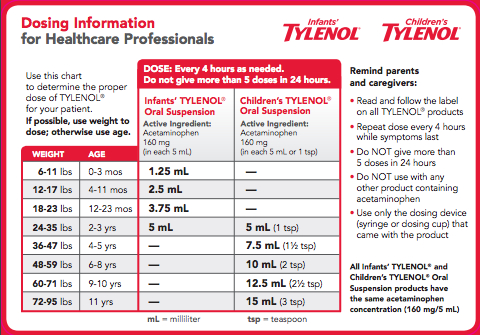How To Know If Formula Is Not Agreeing With Baby
Are you a parent who suspects that your baby may not be tolerating their formula well? It can be a concerning and confusing time, but rest assured, there are signs to look out for that can help you determine if the formula is not agreeing with your little one. In this article, we will discuss in detail how to identify if your baby is having trouble with their formula and what steps you can take to address the issue.
Knowledge
When it comes to knowing if formula is not agreeing with your baby, it’s essential to pay attention to their behavior and any physical symptoms they may be experiencing. One of the most common signs that your baby is having trouble with their formula is excessive crying or fussiness after feedings. If your baby seems consistently uncomfortable or irritable after consuming their formula, it may be a sign that their digestive system is not tolerating it well.
Another indicator that the formula may not be agreeing with your baby is if they are experiencing frequent spit-up or vomiting after feedings. While some spit-up is normal for babies, excessive or forceful vomiting can be a sign of a more significant issue. Additionally, if your baby is having trouble gaining weight or is experiencing diarrhea or constipation on a regular basis, it may be a sign that their formula is not suiting them.
It’s also essential to pay attention to any skin reactions your baby may be experiencing. If your baby develops a rash, eczema, or other skin irritations shortly after starting a new formula, it could be a sign of an allergic reaction. In some cases, babies may also experience respiratory symptoms such as wheezing or coughing if they are having trouble with their formula.
If you suspect that your baby is not tolerating their formula well, it’s important to consult with their pediatrician. Your doctor can help you determine if the formula is the cause of your baby’s discomfort or if there may be another underlying issue that needs to be addressed. They may recommend trying a different type of formula or making changes to your baby’s feeding routine to see if it helps alleviate their symptoms.
Conclusion
In conclusion, knowing if formula is not agreeing with your baby is crucial for their health and well-being. By paying attention to your baby’s behavior, physical symptoms, and any skin reactions they may be experiencing, you can determine if their formula is causing them discomfort. Remember to consult with your pediatrician if you suspect that your baby is having trouble with their formula, as they can provide guidance and support to help address the issue.
Parents who are proactive and attentive to their baby’s needs are better equipped to identify and address any issues that may arise with their formula. By staying informed and seeking help when needed, you can ensure that your baby is receiving the nutrition they need to thrive and grow.






